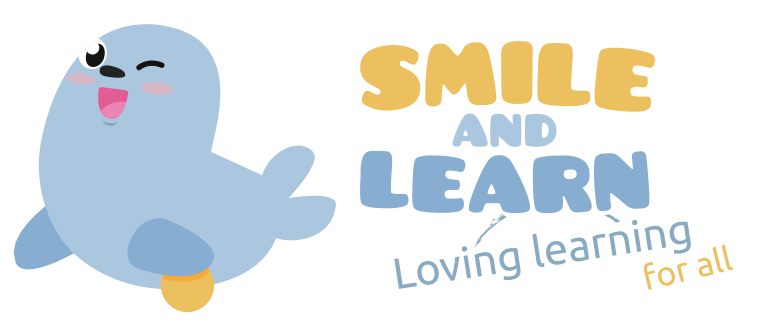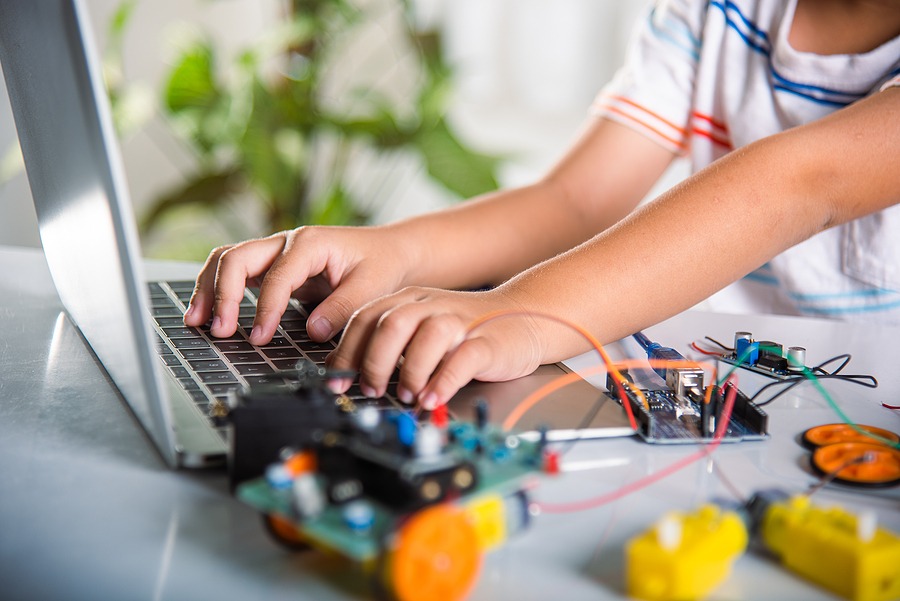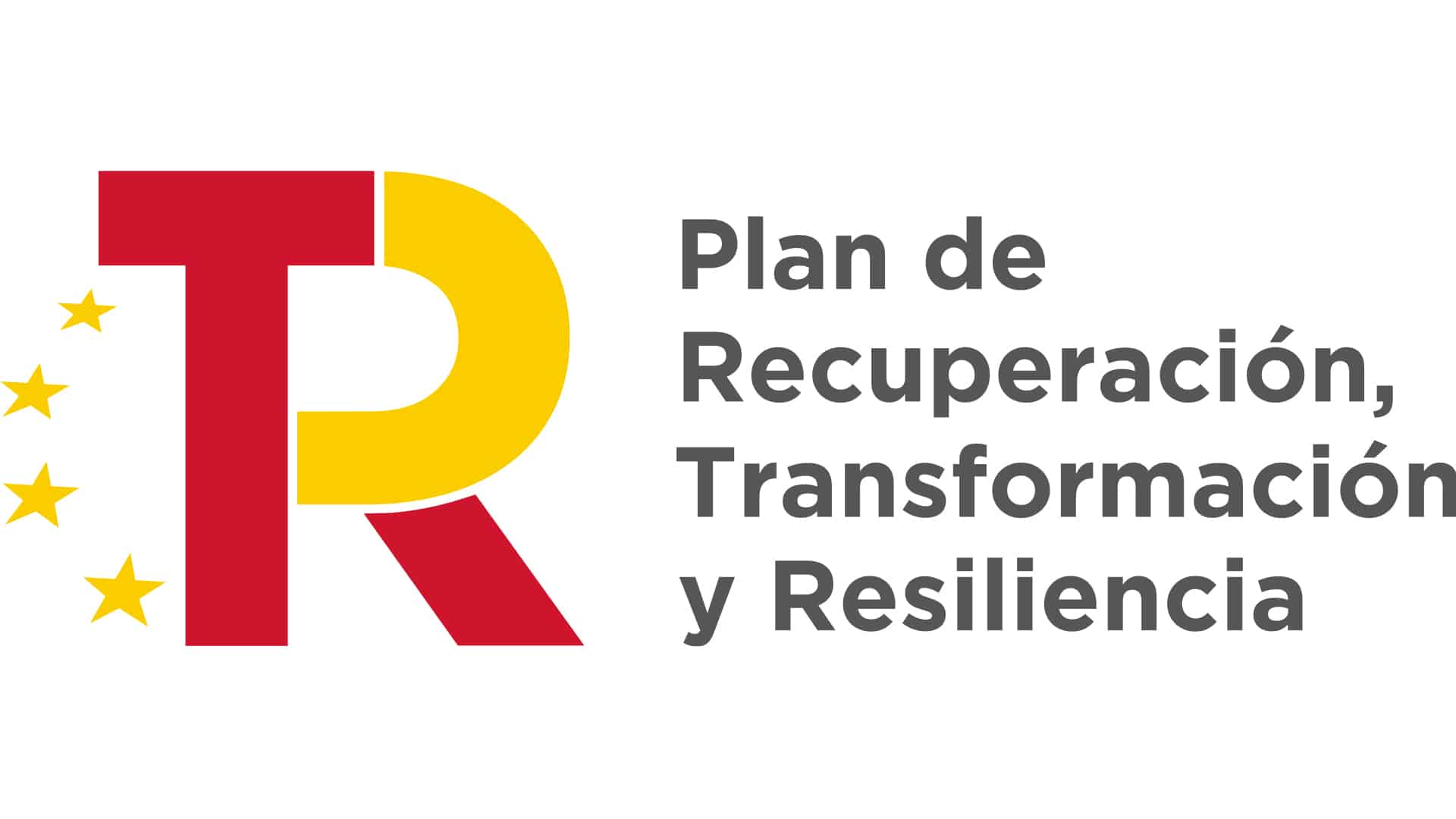Artificial Intelligence (AI) is playing a crucial role in the evolution of education. Its applications not only enhance the learning experience but also make teaching and institutional management more efficient and effective. Below, we break down some of the key reasons why AI is becoming an essential component in education:
- Personalized Learning
One of the greatest advantages of AI in education is its ability to tailor learning to each student’s individual needs. AI-based platforms can analyze students’ progress and adjust content, activities, and resources according to their level, learning style, and pace.
- Promoting Inclusion and Accessibility
AI plays a key role in creating an inclusive educational environment by adapting to the diverse needs of students. It enables content to be offered in multiple formats such as text, audio, or video, ensuring equitable access to information. Thanks to AI tools, students with special needs can learn more effectively through innovative solutions such as automatic translators, text readers for visually impaired individuals, and assistive devices for those with hearing difficulties. Moreover, AI helps break language barriers, ensuring that all students receive a quality education without limitations.
- Optimizing Teachers’ Time
Teachers often have to handle administrative and repetitive tasks, such as grading exams, preparing educational materials, and tracking student progress. AI can automate many of these tasks, freeing up time for teachers to focus on what truly matters: teaching and interacting with students.
- Enabling Data-Driven Decision-Making
By analyzing large volumes of information, such as student performance and interactions with content, AI systems can identify patterns and provide useful learning recommendations. This helps educators adapt their teaching strategies and intervene at the right time to improve learning outcomes.
- Preparing Students for the Future Workforce
Education should not only focus on providing knowledge but also on preparing students for the workforce. In this regard, AI plays a key role in teaching students essential skills for an increasingly technological world. AI-related skills, such as critical thinking and complex problem-solving, are becoming fundamental competencies in the job market. Therefore, integrating AI into education also helps equip students for success in an increasingly digital professional environment.
- Encouraging Creativity
Generative AI opens new possibilities for fostering creativity in students. By allowing them to create original content—such as texts, images, music, and videos—students can explore their creative potential in a deeper way.
AInara.education is a platform created by Smile and Learn for teachers, leveraging generative AI to enhance teaching and learning in diverse educational settings. One of its most relevant applications is personalized learning, enabling teachers to tailor content to each student’s individual needs. This approach fosters a more inclusive and equitable classroom environment.
AInara provides tools for creating interactive educational materials in more than 20 languages. Teachers can generate interactive activities, exercises, and adaptive resources with AI support, enriching the student learning experience and fostering a more dynamic and engaging environment.
Artificial Intelligence in education is not just a passing trend but a profound transformation that is improving personalization, accessibility, efficiency, and learning quality. With its ability to tailor content, automate administrative tasks, and foster creativity, AI is becoming an indispensable tool for the future of education. As technology continues to advance, AI’s impact in classrooms will only keep growing, offering new ways to teach and learn.
















